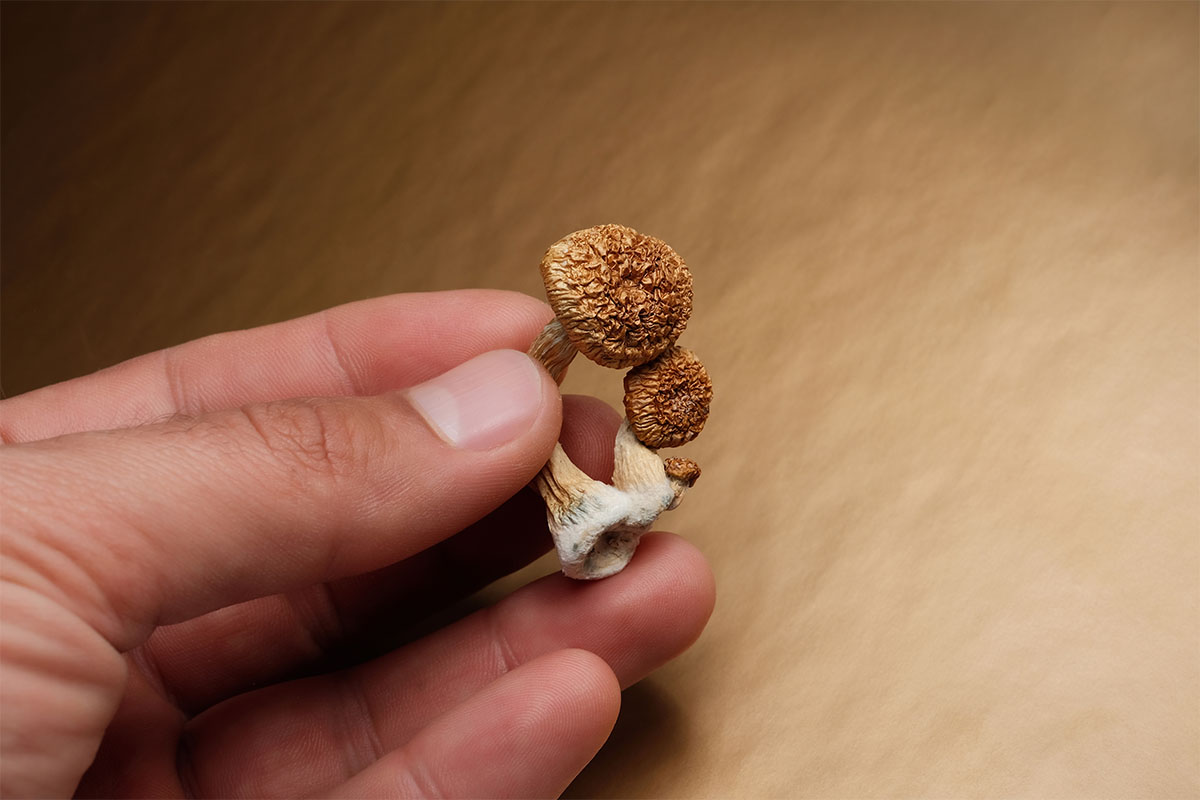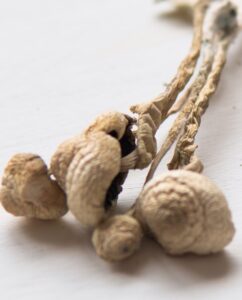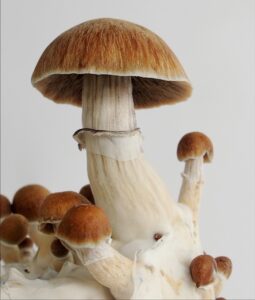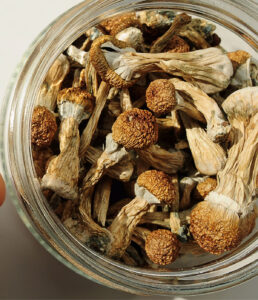
Summary of research letter by Agrawal et al., published in JAMA Oncology, on April 13, 2023.
A recent study published in JAMA Oncology explored the potential of psilocybin therapy as a treatment for cancer patients diagnosed with major depression disorder. Approximately 15% of patients with cancer experience major depression, which is associated with lower treatment adherence and reduced quality of life. Oncologists often feel inadequate to address mental health issues, and many treatments have limited success in treating depression.
Psilocybin, a 5-HT2A receptor agonist, has shown success in reducing various psychiatric symptoms with the use of two therapists per patient. The nonrandomized controlled trial aimed to develop a scalable, rapidly effective depression treatment by administering psilocybin in a 1-to-1 therapist-to-patient ratio to groups of patients with cancer and major depression disorder in a community cancer center.
The study recruited 30 participants at the Aquilino Cancer Center and through referrals from specialized psychiatric and oncology services. Participants were adults with a diagnosis of cancer and major depression disorder. The study was a phase 2, single-center, fixed-dose, open-label study. Cohorts of three to four patients were simultaneously treated with a 25-mg dose of COMP360 (COMPASS Pathways) in adjacent rooms open to a common space, in a 1-to-1 therapist-to-patient ratio. Patients received group therapy in one preparation and two integration sessions, supplemented by individual therapy.
Outcome measures included safety and improvement in depression, primarily measured using the Montgomery-Asberg Depression Rating Scale (MADRS), with higher scores denoting greater severity. Sustained response to treatment was defined as a decrease in MADRS score of 50% or more from baseline to week 3 and week 8, and remission as a MADRS score lower than 10 posttreatment. Other measures of depression included the Quick Inventory of Depressive Symptomatology–Self-Report and the Maudsley Visual Analogue Scale.
All 30 participants completed the study, with a 0% attrition rate. The participants had a mean age of 56 years, with 30% men and 70% women. Forty-seven percent of participants had curable cancers, while 53% had noncurable cancers. Half of the sample reported previous antidepressant drug therapy.
No treatment-related serious adverse events occurred, and there was no suicidality based on the Columbia Suicide Severity Rating Scale. Adverse events were mild or expected and included headache, nausea, altered mood, anxiety, and hallucinations.
The study showed efficacy with a robust reduction in MADRS scores from baseline to posttreatment of 19.1 points by week 8. A sustained response was observed in 24 (80%) patients, with 15 (50%) patients showing full remission of depressive symptoms. These findings were supported by self-reported measures of depressive symptoms, with significant reductions in scores on both the Quick Inventory of Depressive Symptomatology–Self-Report and the Maudsley Visual Analogue Scale.
This is the first psilocybin therapy trial conducted in a community cancer setting rather than a psychiatric hospital or academic center. The innovative study design of treating cohorts simultaneously, using one therapist per patient, and providing group therapy support resulted in clinically meaningful, rapid, and sustained improvement in symptoms of depression over eight weeks following a single treatment of psilocybin therapy for patients with both curable and metastatic cancer.
The study’s limitations include the lack of a control group, and the need for comparisons with placebo and other antidepressant treatments for cancer patients. However, the study demonstrates the safety and preliminary efficacy of psilocybin treatment for patients with cancer and depression using a scalable model with a 1-to-1 therapist-to-participant ratio and simultaneous administration, justifying further investigation
in larger randomized controlled trials.
The positive results of this study may pave the way for larger trials, and if successful, could lead to psilocybin therapy becoming a standard treatment option for cancer patients experiencing major depression. Future studies should include a larger sample size, diverse patient populations, and control groups to better understand the effectiveness of psilocybin therapy in comparison to other treatment options. This could ultimately enhance the quality of life for cancer patients and improve treatment adherence, leading to better overall outcomes for patients and their families.
In conclusion, the study conducted at the Aquilino Cancer Center demonstrates the potential of psilocybin therapy as a treatment for cancer patients diagnosed with major depression disorder. The study’s design and implementation provide a scalable model for further research and application in real-world settings. The promising results of this study warrant further investigation and could significantly impact the lives of cancer patients by improving their mental health and overall well-being.







